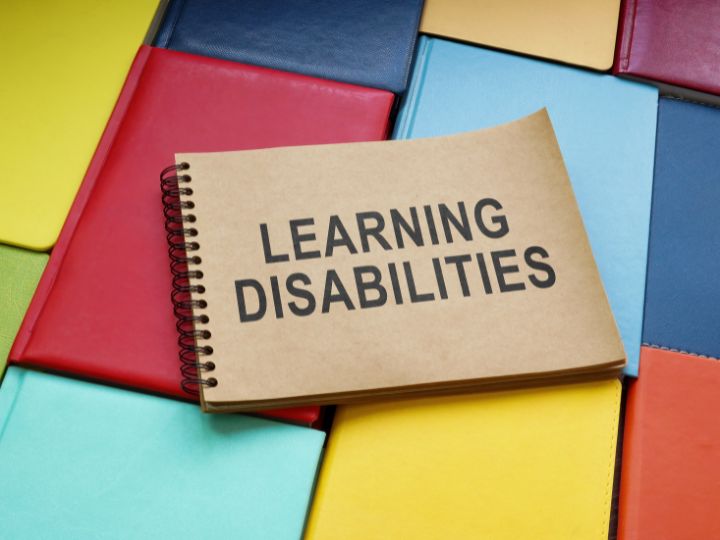Short Answer:
Learning disability therapy provides structured support that helps kids strengthen academic performance, build social confidence, and develop practical strategies to manage learning difficulties more effectively.
Understanding Learning Disability Therapy
Learning disability therapy is designed to support kids who face challenges in reading, writing, comprehension, or processing information. It targets the underlying issues that contribute to learning difficulties, such as memory challenges, attention deficits, or auditory processing disorder. Through consistent, tailored approaches, professionals can equip kids with the tools they need to thrive in both academic and social environments.
Rather than focusing only on what a child struggles with, therapy highlights strengths and creates strategies to overcome obstacles. This supportive approach empowers kids to become more confident learners.
How Learning Disability Therapy Boosts Academic Skills
Enhancing Reading and Writing Abilities
A core aspect of learning disability therapy involves improving literacy skills. Structured programs can help kids:
- Develop stronger phonics and spelling foundations
- Improve reading fluency and comprehension
- Build confidence in expressing ideas through writing
These skills are crucial for keeping up with schoolwork, participating in classroom discussions, and achieving academic goals.
Strengthening Memory and Attention
Many kids with learning difficulties struggle to retain information or stay focused during lessons. Therapy provides techniques to improve working memory, such as visual cues, repetition, and structured routines. Professionals may also introduce strategies that support concentration, like breaking tasks into smaller steps.
Supporting Problem-Solving and Critical Thinking
Beyond reading and writing, therapy encourages kids to think more independently. Activities may include puzzles, sequencing tasks, or group-based problem-solving, which help improve reasoning skills and overall academic confidence.
The Social Benefits of Learning Disability Therapy
Building Communication Skills
Learning difficulties often affect how a child communicates. For example, a kid with an auditory processing disorder may find it hard to follow instructions or join group conversations. Therapy supports communication by strengthening listening skills, teaching strategies for understanding spoken language, and encouraging clearer self-expression.
Boosting Confidence and Self-Esteem
Struggling in school can affect a child’s confidence. By addressing challenges in a structured way, therapy helps kids feel more capable. When children begin to notice progress—such as reading a passage more fluently or remembering instructions—they often gain a renewed sense of self-belief.
Encouraging Positive Peer Relationships
Social skills are necessary for building friendships and working well in groups. Therapy often incorporates role-playing, collaborative activities, and guided interactions to teach kids how to share, take turns, and respond appropriately in social settings. These skills make it easier for kids to connect with peers both inside and outside the classroom.
The Role of Professionals in Therapy
Trained professionals play a vital role in guiding therapy sessions. They assess a child’s unique needs and design strategies that align with their strengths as well as challenges. Depending on the child’s condition, therapy may include:
- One-on-one sessions tailored to specific difficulties
- Group sessions to practise social and communication skills
- Ongoing monitoring and adjustments to ensure progress
Parents are also encouraged to be actively involved. Regular feedback sessions help families understand how to support learning strategies at home, making therapy more effective in the long term.
Supporting Kids with Auditory Processing Disorder
Auditory processing disorder can make it hard for kids to interpret sounds, follow directions, or distinguish words in noisy environments. Therapy can address this by:
- Introducing auditory training exercises
- Teaching compensatory strategies, such as note-taking or visual supports
- Providing structured listening activities in quiet environments before moving to more complex settings
By targeting these specific needs, learning disability therapy ensures kids with auditory challenges do not fall behind academically or socially.
Why Early Support Matters
The earlier a child receives help, the better the outcomes. Early intervention not only strengthens academic foundations but also reduces the frustration that often leads to behavioural challenges. Kids who access learning disability therapy sooner are more likely to keep pace with their peers and develop a positive attitude towards school.
Final Thoughts
Learning disability therapy plays an essential role in helping kids with learning difficulties & auditory processing disorder build the skills they need to succeed both academically and socially. With personalised strategies, improved communication, and ongoing support, children can gain the confidence to engage in school, form meaningful friendships, and embrace new challenges. For families navigating concerns such as auditory processing disorder, therapy provides hope and practical solutions. By working closely with professionals, kids can unlock their potential and enjoy a more fulfilling learning journey.





